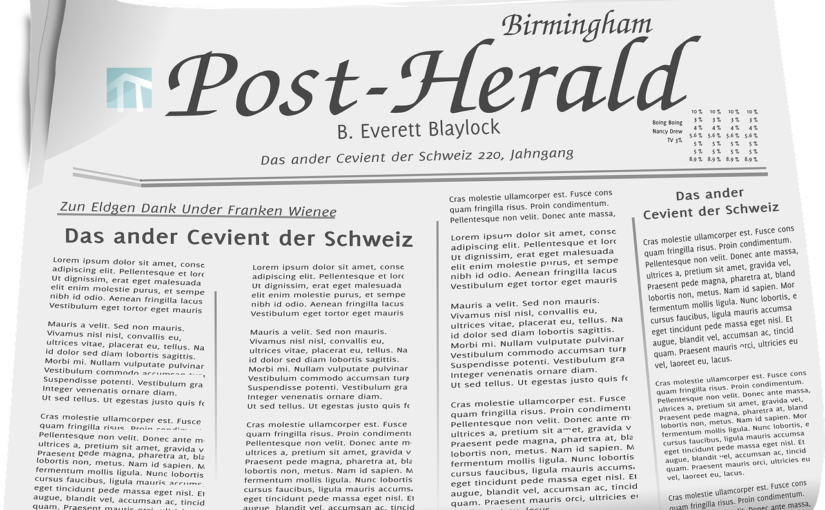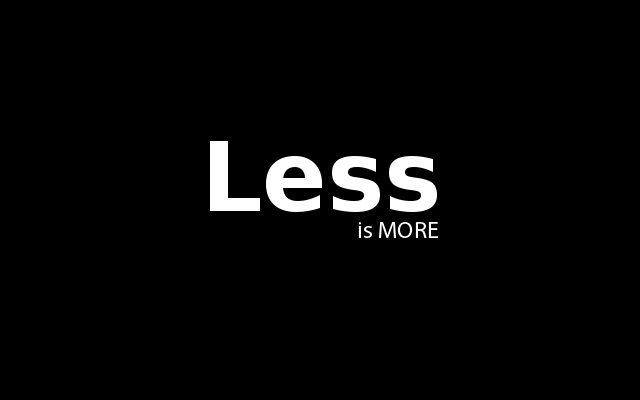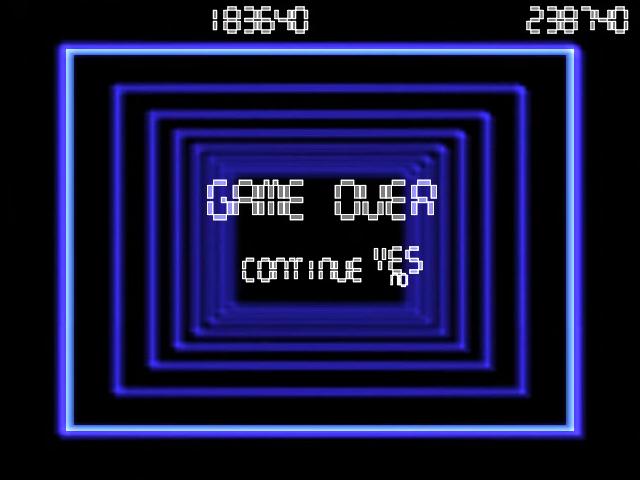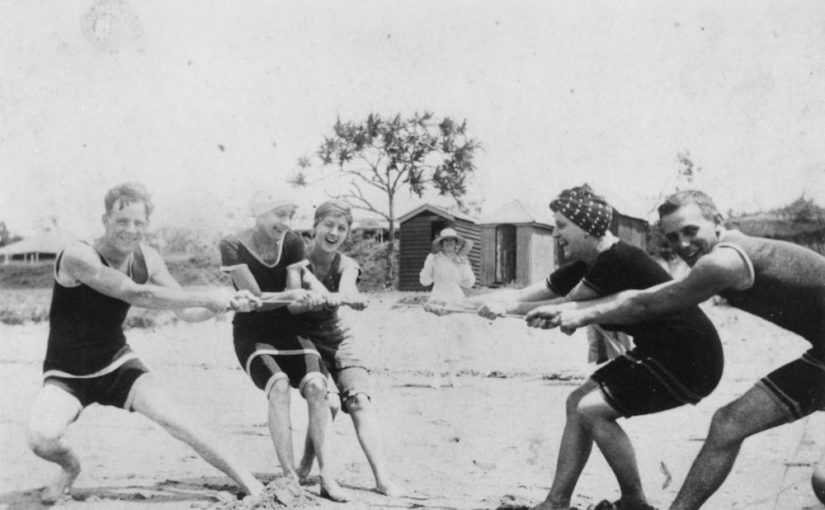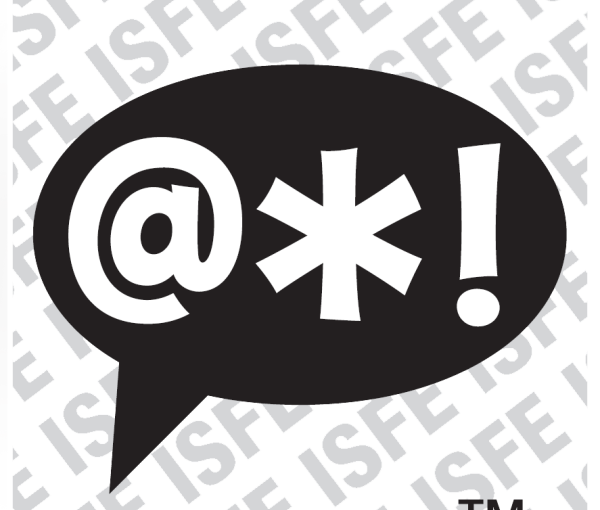So you’ve learned that most persuaders, most politicians, and most speakers are doing it wrong. By doing what they were taught in school, 95% of presenters actually alienate the audience. What are they doing wrong?
Category: Presentation Principles
The Big Lie, part 2
If you ever spoke to somebody with the intention of giving them “information,” let me give you a sobering statistic: studies show that no matter how much information you speak, the listener remembers the same amount.
In other words, it doesn’t matter whether you speak for 5 minutes of 5 hours, the listener remembers the same amount of information!
It doesn’t matter whether you give them 5 important details or 50 information gems–they will remember the same amount.
And it gets worse–well over HALF of the listeners will remember just two or fewer things!
In you haven’t read last week’s post, check it out now: The Big Lie, part 1
Once you have read last week’s post, let me reiterate the main point. The idea that you can communicate substantial information to people by speaking is a lie! You should always remember these two rules:
1: Use WRITTEN media for INFORMATION
2: Use VERBAL media for INTERACTION / IMPRESSION
The curse of verbal information
People can only remember a limited amount of verbal information. That’s been proven over and over. The overwhelming majority of listeners remember just one or two things.
Sure, one person in the room might remember 10 things (probably because he wrote things down), but because every person has a limit, you know one thing is sure:
The more information you present, the less control you have over the impression you make!
If you speak for 15 minutes and give just one tidbit of information, the listener has only one choice, remember the one thing, or remember nothing.
If you give the listener a 12 step program, and the average listener remembers just 2 steps, how much control do you have? NONE!
Even if the listener remember 5 things, you don’t know which of the 12 steps they will be! You essentially give up control, and the listener because just as likely to remember the least important point as the most important one.
So I repeat:
The more information you present, the less control you have over the impression you make!
Information in Politics
 You want simple proof. Look at the recent Republican presidential primary elections.
You want simple proof. Look at the recent Republican presidential primary elections.
There are some candidates that love to give long discourses on facts and information. The king of information on the Republican side was Rand Paul, and he never earned more than 9% support in any poll (usually less than 5%).
Donald Trump gets criticized more than any other candidate for never having any substance (information) and yet he’s winning. It’s not an accident. Trump is a persuasive genius, and he’s withholding information on purpose!
Every time you see a focus group on TV, the “concerned citizens” will always declare that they want the presidential candidates to argue on substance (information). This is a total LIE!
These honest citizens don’t know it’s a lie. The lie is not that people think they want information. They really do think they want information–because we’ve been taught that information makes as informed voters.
The lie is that information persuades you to change your mind. Information is only the rational mind’s excuse. Read this post for an explanation of why you shouldn’t believe that “explanation.” You shouldn’t believe explanations, you should believe results–Trump is winning, Paul had to bow out.
Honestly, every Republican candidate agrees on 80% of the “information.”
If the rational mind mattered most, the candidate who presented the information the best would win. You and I both know that the candidate with endless information puts everybody to sleep and loses every time!
Use LESS information
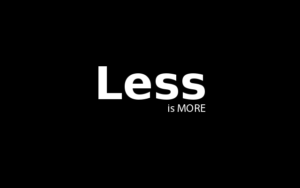 Of course I’m not asking you to avoid information. I’m merely trying to persuade you that you’ll be a better presenter and a better speaker when you use less information.
Of course I’m not asking you to avoid information. I’m merely trying to persuade you that you’ll be a better presenter and a better speaker when you use less information.
My wife teaches public school. On a regular basis she comes home exasperated. The story generally goes like this: I explained the assignment clearly. I gave them clear 3 steps. I repeated it twice, yet 5 minutes later 80 percent of the students come up and ask me “what am I supposed to do?”
I remind her every time of the big lie: “You can’t present information verbally!”
Whether you like it or not, when you present verbally, you must start with the assumption the nobody is listening! It’s not necessarily that they don’t want to listen, it’s that everybody has a physical limit on what they can learn verbally.
If you are a teacher, and your job is to teach INFORMATION, you have only one option:
INFORMATION must be WRITTEN
The teacher can write it, or better yet, make the students write it!
For everybody else, your goal should be to INTERACT in the way that makes the right IMPRESSION.
My SpeechDeck communication system is all about making that impression stick!
The Big Lie
The truth I’m about to tell you has lost me a lot of clients and business. People don’t like to be told they’re wrong, and I’m about to contradict your most fundamental assumption about communication.
Two ways to communicate
Whenever you want to communicate a message you have basically 2 choices. You can present your message verbally, or you can write it down. Recorded audio/video can fall toward either end of this continuum.

Here’s the lie:
Communication is the exchange of information.
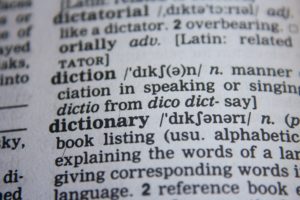 Yes, I know, that is the dictionary definition. And yes, I know that communication textbooks start with this basic assumption. That’s why most public speakers and presenters are mediocre.
Yes, I know, that is the dictionary definition. And yes, I know that communication textbooks start with this basic assumption. That’s why most public speakers and presenters are mediocre.
The concept that communication is the transfer of information from a “sender” to a “receiver” is based on a huge, gigantic, enormously presumptive, yet highly improbable assumption–that the “receiver” actually “receives” the message.
It does not matter how much information you speak or how much information you write. If the “receiver” doesn’t actually pay attention and internalize the information, there is no communication!
This underscores the HUGE difference between written and verbal communication.
 With purely written communication the “receiver” of the information is in COMPLETE control–the receiver chooses what to read.
With purely written communication the “receiver” of the information is in COMPLETE control–the receiver chooses what to read.
With purely verbal communication, on the other hand, the “receiver” has almost no control beyond the mere act of lending attention.
A word written (or recorded) gives the “receiver” power to re-read, re-view, and re-wind. A word spoken (and not recorded), disappears into the aether forever, and the “receiver” is denied the power of re-view and re-wind.
The best medium for Information
If you goal is truly to convey “INFORMATION” to someone, what is the best medium? Verbal or written?
Can you earn a master’s degree from any university just by sitting in the lecture hall? Or do you have to do a lot of reading?
If you had one million dollars to invest, would you give it to the friend that “told” you verbally about a great idea, or the other friend who “told” you verbally about a great idea, but had all the information to back it up written down in a business plan?
 What’s the fastest way to get the daily weather forecast? Watching the TV news or googling it?
What’s the fastest way to get the daily weather forecast? Watching the TV news or googling it?
In the time it takes the weatherman on TV to verbally “report” the weather forecast for the morning commute, you could have read a written, 10-day, hour-by-hour forecast for three different cites on three different continents.
The most important rule of great communication is simple:
WRITTEN media work best for INFORMATION
Verbal communication maxes out at about 150 words per minute. Whereas, even bad readers manage 200 words per minute. Good readers top out at over 600 words per minute.
Written words give you more information faster–and you have complete control of how, when, where, and to what to pay attention. Most importantly, the receiver can rewind, repeat, and review written messages!
VERBAL media don’t convey INFORMATION well
In a one-on-one conversation, verbal media convey information okay, because both parties are talking, asking questions, and giving feedback.
In a group presentation setting, you almost always lose most of that back and forth.
When the message is delivered verbally to a group, any one “receiver” only has to tune out for a mistimed hunger pain and the entire logic of the speaker will by interrupted.
When there is no rewind button, every second counts, and the sad truth is the every “listener” tunes out for more than just one second.
Public speaking is not about INFORMATION
More than any other principle I teach in my classes, people want to argue with me over this. People really want to believe that the speaker’s goal is to teach INFORMATION, explain INFORMATION, and organize INFORMATION.
Of course all presentations, even verbal, convey some information. I’m not denying that. I’m talking the about your goal.
Every public speaking class and textbook I’ve aver seen begins with the premise that a speaker’s goal is either to entertain, persuade, inspire, or inform.
I’m sorry to tell you, but that’s total baloney!
You can entertain, you can persuade, and you can inspire, but NOT INFORM. If your goal is to INFORM, I guarantee you that you are a mediocre speaker.
I know this with 100% confidence because if you really truly expected me to understand and remember INFORMATION, you would give me the INFORMATION in a format that best helps me receive INFORMATION–you would write it down!
 Trying to INFORM me verbally uses the wrong tool for the job.
Trying to INFORM me verbally uses the wrong tool for the job.
If you want to pound a nail, use a hammer. Any contractor who tries to build my house with a spoon, cannot be the best builder, and will be fired.
I don’t care how many textbooks talk about using presentation skills to INFORM. You cannot be a great presenter if that is your goal. The best you can hope for verbally is PERSUADE me to agree with your information or INSPIRE me to learn more information.
Let me repeat. I’m not saying that you don’t convey some information, I’m saying that should not be your goal.
The benefits of VERBAL Communication
The truth is that when I give an 8 hour seminar, I actually present very little INFORMATION. If written down, an entire 8 hour workshop could be read and understood in about 30 minutes.
So why do people sign up for classes, go to workshops, and pay for seminars? Despite what they tell themselves, it’s not for information.
People commonly pay $25 for an expert’s book, but pay $2,500 for a chance to see the same expert explain the book in person. Why? The book has more information than the 8 hour seminar!
People listen to live speakers for improvisation, connection, live expertise, customization, and personality.
Verbal communication provides something that written information cannot duplicate–INTERACTION!
Choose the right tool for the job:
Speak It

Write It
What’s the alternative
When the CEO calls you into the office and asks you to present information, it’s a lie.
 It’s not intentional. In the CEO’s mind, he/she really does want information–but YOU can’t look at it that way!
It’s not intentional. In the CEO’s mind, he/she really does want information–but YOU can’t look at it that way!
If the CEO really wanted INFORMATION, he/she would ask you to draw up a written case study, written budget proposal, or written report. That’s INFORMATION!
When you’re called into the boardroom to present verbally, does the CEO really want you to read all the information from the written report? NO! Absolutely, NO!
The reason you’re asked to present is because the CEO wants INTERACTION! He/she wants to ask questions, wants to see your confidence level, and wants to see other team members’ reactions!
The reason you’re asked to present instead of write, is not because the CEO wants MORE information, it’s because the CEO wants LESS. In person, the CEO expects you to be able to summarize everything you know and recommend in the simplest possible way.
The CEO doesn’t care about every bit of informational minutia. He/she does want to hire someone else–you–who does.
You are not presenting because the CEO wants the information for him/herself. You are presenting because the CEO needs to know that he/she can trust YOU with the information.
The CEO doesn’t want to read the report and memorize all the information–that’s not the CEO’s job–the CEO needs only INTERACT with you long enough to get an IMPRESSION of what you are going to do about it.
You may be asked to deliver INFORMATION verbally, but if you want to be a great presenter, you can’t look at it that way. In your mind, the goal is not to present the right INFORMATION. You’re goal should be to INTERACT in the way that makes the right IMPRESSION.
In the SpeechDeck communication system, all presentations start with black and white principle: Clarify Your Content. The most important part of clarity is reducing your information to a single sentence.
The number one secret to verbal presentation:
Use LESS information
Who Are the Best Speakers?
“What is the strongest personality you’ve ever worked with?” That’s what a company rep asked me recently before we arranged coaching for an executive that he thought might not accept my ideas.
A “We” Little Thing Most Leaders Do Wrong
One of the most powerful words in the English language has only two letters–“we.” Unfortunately, most leaders use it completely wrong.
The Worst 4-letter Word
One study (Scherer and Sagarin 2006) showed that using obscenity correctly actually increased the persuasiveness of a speech! However, if you want to be a great communicator, there is one four-letter word you must get out of your head forever.
You Don’t Need “Practice”
You are probably wasting a lot of time practicing. I’m guilty. Most people I’ve coached fall into two categories, perfectionists and procrastinators–and it’s not unusual that the procrastinators actually do better. Continue reading You Don’t Need “Practice”
The #1 Reason Good Speakers Give Bad Presentations
I’ve analyzed hundreds of speakers, and nearly all the worst presenters have the same thing in common. If you don’t know why it’s a problem, you’re probably one of them. Continue reading The #1 Reason Good Speakers Give Bad Presentations
Want Good Advice? Don’t Listen to this Person
Giving a speech? Writing a blog? Leading a team?
Whose advice can you actually trust? If you follow bad public speaking advice or misguided writing tips, you’ll end up worse off than you started. Who should you listen to? The answer is completely counter intuitive.
Continue reading Want Good Advice? Don’t Listen to this Person
The Truth About Public Speaking Anxiety
The truth about public speaking anxiety is not what they tell you. In 20 years, I have never once read the truth anywhere, and yet when I tell you, it will seem so obvious that you’ll wonder why you haven’t heard it before. Continue reading The Truth About Public Speaking Anxiety

